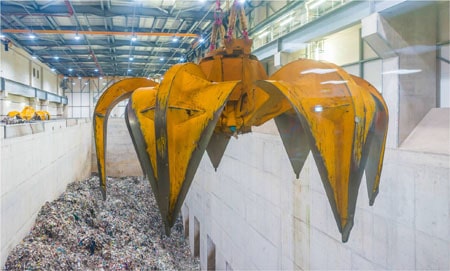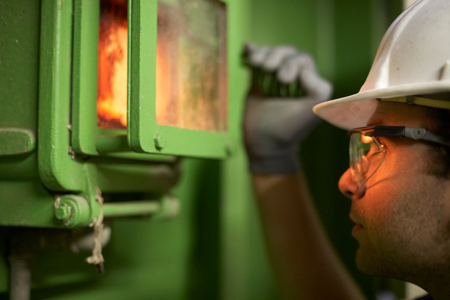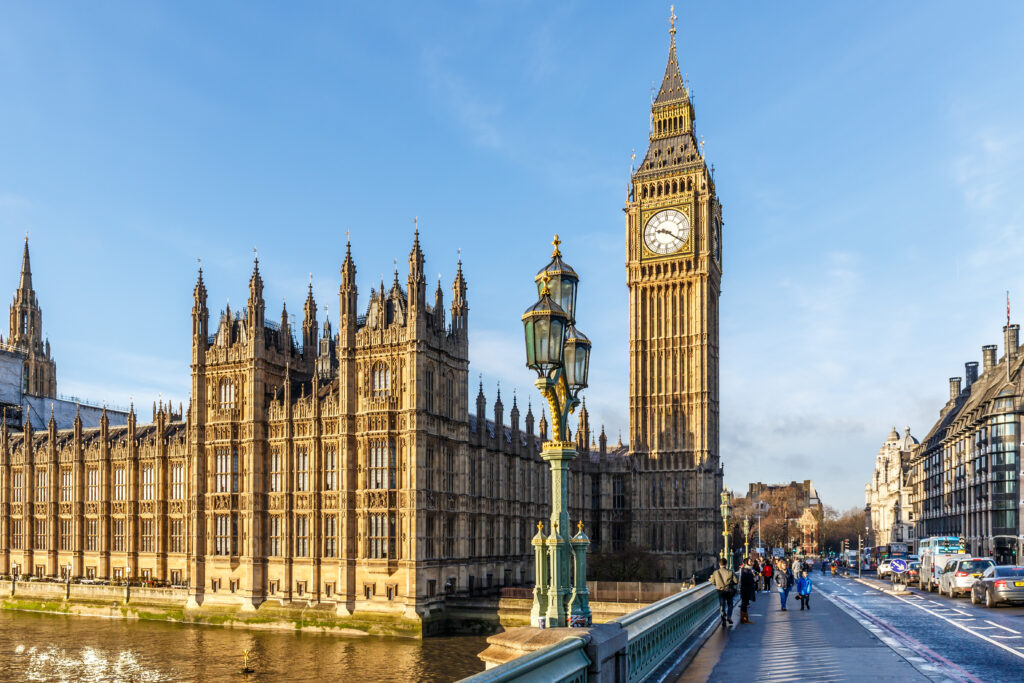The Climate Change Committee says existing plants must be retrofitted with carbon capture and storage (CCS) technology, while any new plants must be built with the technology or be ‘CCS-ready’.

The committee published two reports on the UK’s progress towards its climate commitments today, which show emissions from the waste sector fell by 28% from 2009 to 2019.
The committee attributed the fall in emissions primarily to the landfill tax diverting biodegradable waste to other forms of treatment, and in particular EfW.
Recycling rates plateaued at 44% from 2012 to 2018, the committee says, and more local authority waste is now processed by EfW than is recycled or composted in England.
To reach net zero, the committee advises that emissions in the waste sector must fall by 78% from today’s levels by 2050.
To do so, “urgent” action is needed to reduce methane emissions from landfill, improve recycling and resource efficiency, and minimise the amount of waste going to EfW and the emissions the plants produce.
In a statement, Lord Deben, chair of the committee, said: “We are in the decisive decade for tackling climate change. The government must get real on delivery. Global Britain has to prove that it can lead a global change in how we treat our planet.”
Policy
Despite some progress made by the government in helping the waste sector to reach net zero, delivery timelines are too slow, policy is weak in some areas and key gaps remain, the Climate Change Committee says.

The Environment Bill, which contains key powers to deliver on the government’s Resources and Waste Strategy and Waste Prevention Programme, has been delayed and is yet to be passed into law (see letsrecycle.com story).
The Waste Prevention Programme is now out for consultation, more than two years after the Resources and Waste Strategy was published (see letsrecycle.com story).
The government must raise the level of recycling targets, increase the plastics tax threshold and extend the commitment to end landfilling of food waste to cover all major biodegradable waste streams, the committee says. It adds that these should be implemented by 2025.
Waste exports should be phased out by 2030 “at the latest”, the committee says, while tracking and enforcement should be strengthened.
EfW
In 2019, the latest year for which data is available, emissions from EfW increased by more than 10% from 2018, the Climate Change Committee says. This puts it on course to overtake emissions from coal power in 2020.

The committee says EfW emissions have risen “rapidly” and need to be constrained at approximately today’s levels.
If EfW usage continues to rise unchecked, its emissions could undermine recycling and reuse efforts, the committee says.
Recommendations within the report include setting out capacity and utilisation requirements consistent with plans to improve recycling and waste prevention by the end of 2021, consulting on the introduction of a carbon price on EfW emissions by the end of 2022 and providing the “necessary support” to enable existing EfW plants to begin to be retrofitted with CCS technology from the late 2020s.
Landfill
Landfill methane capture rates peaked at more than 74% in 2016 but have since declined to 55%.
“Key biodegradable waste streams” should be banned from going to landfill by 2025, the Climate Change Committee says.
Methane capture rates need to increase from 55% to 80% by 2050 to address fugitive emissions from landfill, while further actions are needed to reduce methane emissions from composting and wastewater treatment.
Recycling rates
With UK recycling rates remaining at around 44% since 2012, the EU-derived target of 50% by 2020 looks almost certain to have been missed, the Climate Change Committee says.
The UK’s combined recycling rate needs to increase from 52% to at least 59% by 2025 to meet climate goals, the committee says, and from 45% to 50% for household waste.
It will be important for recycling rates to rise to at least 68% by 2030 alongside actions to reduce material inputs and increase product longevity if the sector is to achieve the necessary emissions reductions, the committee says.
Related links
Climate Change Committee 2021 Progress Report to Parliament









Subscribe for free